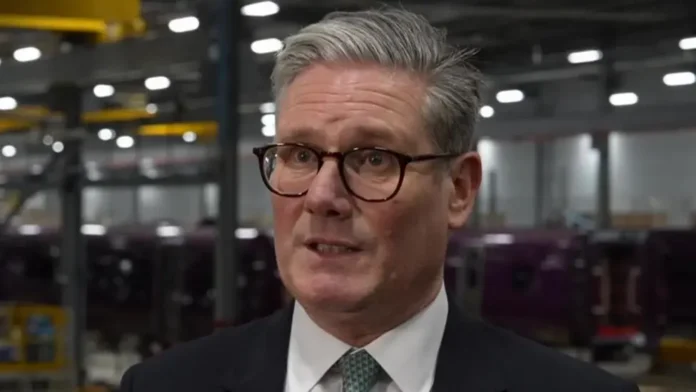Air Traffic Control Failure: The Impact of ‘Unreliable’ Flight Data
NATS chief executive Martin Rolfe has revealed that unreliable data caused the cancellation of hundreds of flights.
The Air Traffic Control chaos is set to cost airlines tens of millions of pounds. It left tens of thousands of people being delayed and having their flight cancelled.
Yesterday, we had hundreds of people contact In2Town Today News to say their holiday had been cancelled while at the airport including cruise holidays. So, what caused the problem.
The chief executive of National Air Traffic Services (NATS), Martin Rolfe, stated that the root cause of this failure was “unreliable” flight data that their system couldn’t understand or interpret.
According to Martin Rolfe, the air traffic control failure was a result of flight data that the system couldn’t comprehend. This “unreliable” data was deliberately kept away from air traffic controllers to prevent them from making unsafe decisions.
As a result, NATS had to resort to manual systems, which significantly reduced their capacity to handle flights. This manual operation mode allowed them to continue operating but at a much lower capacity, resulting in widespread disruption for airlines and passengers.
Mr Rolfe said: “unreliable data was kept away from air traffic controllers so they didn’t act in an unsafe way” – so NATS reverted to manual systems.
Mr. Rolfe emphasized the complexity of the air traffic control systems, which handle approximately two million flights each year. The safety of passengers is of utmost importance, and any critical piece of data must be carefully considered to ensure the accuracy and reliability of information displayed on the screens in front of air traffic controllers.
The air traffic control failure had a significant financial impact on the aviation industry. Willie Walsh, the head of the International Air Transport Association (IATA), estimated that the disruption cost airlines £100 million. This staggering figure demonstrates the scale of the financial burden faced by airlines as a result of this incident.
The disruption caused the cancellation of more than 1,000 flights departing from UK airports over the course of three days. Aviation analytics company Cirium revealed that 983 arrivals into UK airports were also cancelled during this period. These cancellations affected a substantial number of passengers and created a ripple effect of delays and inconvenience.
Although the exact cause of the air traffic control failure is yet to be determined, reports have suggested that it may have been triggered by a misfiled flight plan from a French airline. NATS is conducting a thorough investigation to identify the underlying factors that led to this incident. Mr. Rolfe assured the public that they would leave no stone unturned in their effort to understand why the flight data caused such a disruption.
It is crucial to note that NATS has stated there is no indication of a cyber-attack targeting their systems. However, regardless of the cause, the compensation situation for airlines is deemed unfair by Mr. Walsh. He emphasized that the air traffic control system, which is at the heart of this failure, does not bear any financial responsibility for the losses incurred by airlines.
Reports have suggested the chaos may have been caused after a French airline misfiled its flight plan.
Without confirming the reports, Mr Rolfe said: “It could be a single flight plan… if it is a flight plan that has caused this, we know it is something in the flight data and we will get to the bottom of it and understand why.
“We are conducting an investigation; we will conduct it incredibly thoroughly.”
Regardless of the cause, Mr Walsh said the compensation situation was “unfair” for airlines, as the air traffic control system “at the heart of this failure doesn’t pay a single penny”.
One of the major complaints about the distruption was the lack of information and help from airlines. Passengers have demanded that airlines need to improve their customer service skills and look after their passengers when something like this happens


